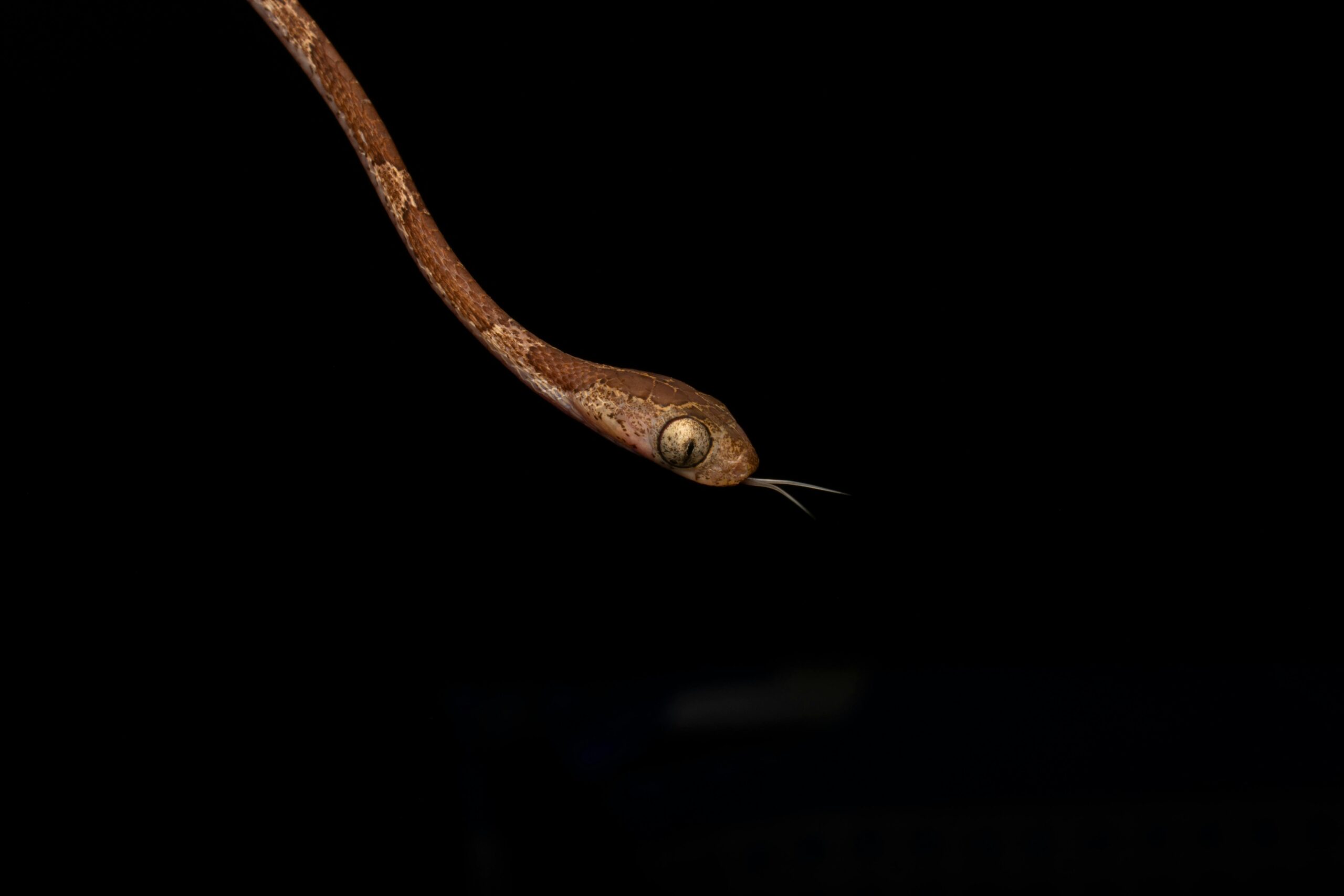Bites and stings happen when teeth, fangs, or insect stingers break your skin. They can come from animals like dogs, snakes, insects, or even other humans. How serious the bite or sting is depends on what caused it.
You can ask your own question to a licensed healthcare provider here for free. It may take up to 7 days to get an answer. If you want a consultation in minutes, book now with Hope+ our premium and best health consultation service in Uganda.
What to do immediately after a bite or sting
Clean the wound right away using lots of clean water and soap to wash away any dirt or germs. If the wound is bleeding a lot, press firmly on the spot to stop the bleeding. Then rinse the area and let it dry.
After cleaning, put an antiseptic on the wound like chlorhexidine solution or povidone iodine. This helps kill germs and prevent infection.
How to care for bites and stings
If the bite causes a bad allergic reaction, like swelling or difficulty breathing, it can be life-threatening and needs urgent treatment (see the section on anaphylactic shock).
If there is significant swelling, you can apply ice packs or cold compresses to reduce it. Taking painkillers can help with discomfort. Try to keep the injured part still and calm.
When are antibiotics needed?
Antibiotics are not for every bite or sting but are important if the wound is infected or at high risk of infection. This includes bites that are deep, very dirty, or on sensitive areas like the hands, feet, face, or genitals. If you have a weakened immune system, antibiotics may also be necessary.
Tetanus protection
If you have not had a tetanus vaccine in the last 10 years, you should get a tetanus shot after a bite or sting to protect against serious infections.
Important warning
Never have bite wounds stitched or sutured as this can trap infection inside and cause more harm.


